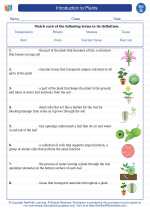Introduction to Plants -> engineering
Engineering: An Overview
Engineering is the application of scientific knowledge, mathematics, and creativity to solve real-world problems. It involves designing, building, and improving structures, machines, systems, and processes to enhance the quality of life and address various societal needs.
Branches of Engineering
Engineering is a diverse field with several branches, each specializing in different areas of application. Some of the major branches of engineering include:
- Mechanical Engineering
- Electrical Engineering
- Civil Engineering
- Chemical Engineering
- Computer Engineering
- Biomedical Engineering
- Environmental Engineering
Skills and Qualities of Engineers
Successful engineers possess a range of skills and qualities, including:
- Strong problem-solving abilities
- Creativity and innovation
- Mathematical and scientific proficiency
- Attention to detail
- Effective communication skills
- Ability to work in teams
- Ethical responsibility
Study Guide for Engineering
If you're studying engineering, here are some key topics and concepts to focus on:
- Mathematics: Understanding and applying calculus, differential equations, linear algebra, and probability and statistics.
- Physics: Grasping principles of mechanics, thermodynamics, electricity, and magnetism.
- Materials Science: Learning about properties and behavior of materials used in engineering applications.
- Engineering Design: Mastering the process of conceiving, planning, and creating engineering solutions.
- Technical Skills: Developing proficiency in computer-aided design (CAD), programming, and using engineering tools and software.
- Ethics and Professionalism: Understanding the ethical and professional responsibilities of engineers, including safety, environmental impact, and societal implications of engineering projects.
By focusing on these areas, you will build a strong foundation in engineering and be well-prepared to pursue further studies or a career in this exciting field.
.◂Science Worksheets and Study Guides Seventh Grade. Introduction to Plants

 Worksheet/Answer key
Worksheet/Answer key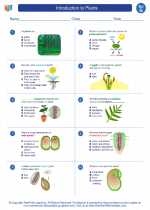
 Worksheet/Answer key
Worksheet/Answer key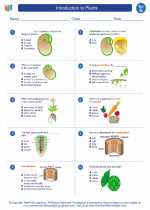
 Worksheet/Answer key
Worksheet/Answer key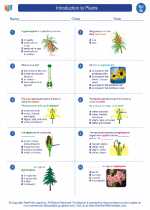
 Worksheet/Answer key
Worksheet/Answer key
 Vocabulary/Answer key
Vocabulary/Answer key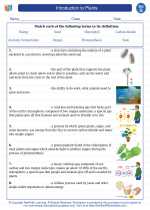
 Vocabulary/Answer key
Vocabulary/Answer key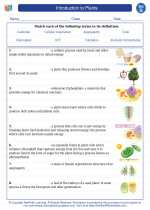
 Vocabulary/Answer key
Vocabulary/Answer key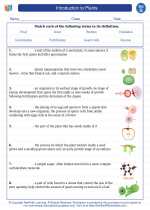
 Vocabulary/Answer key
Vocabulary/Answer key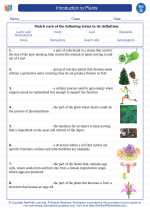
 Vocabulary/Answer key
Vocabulary/Answer key